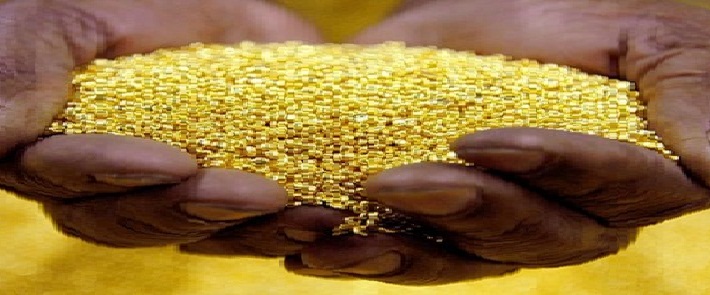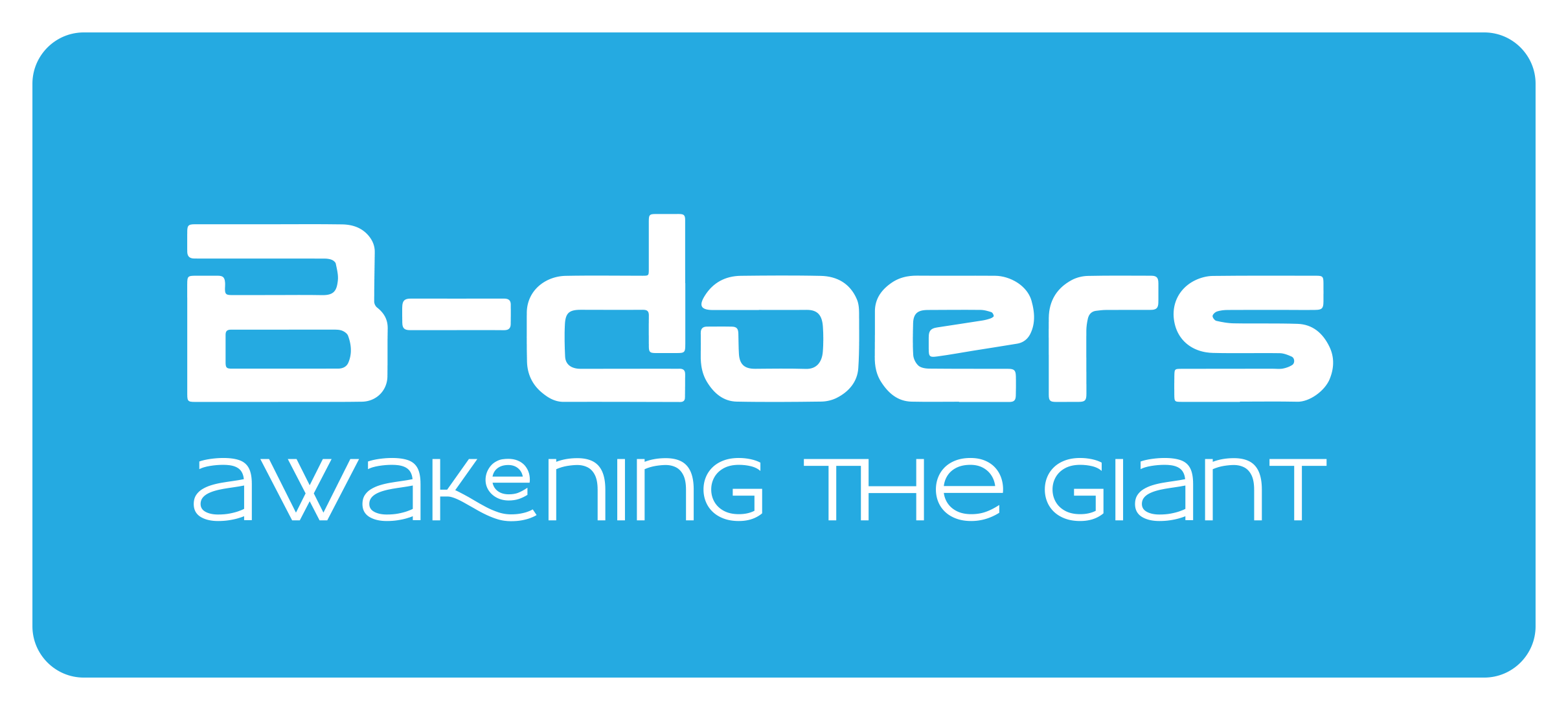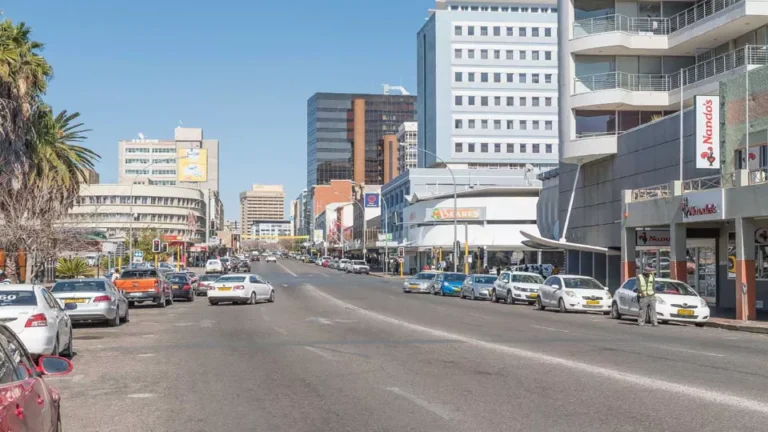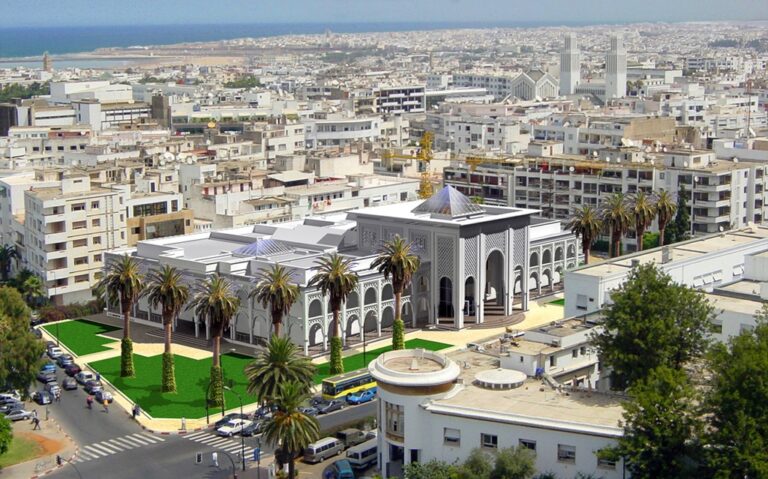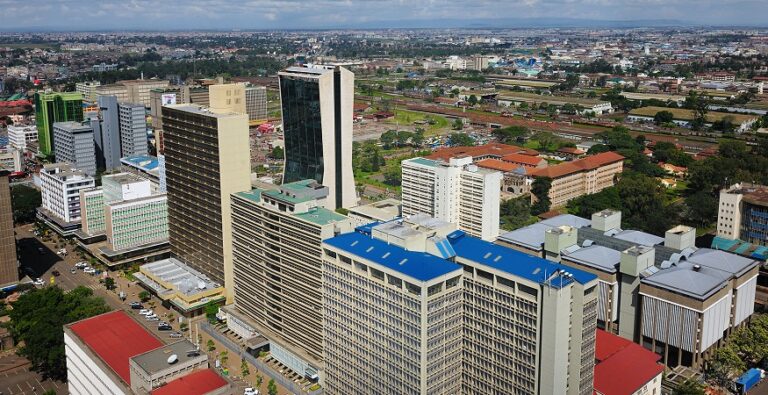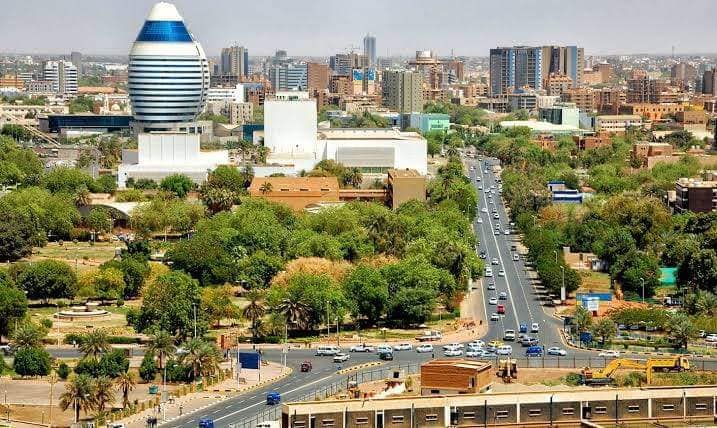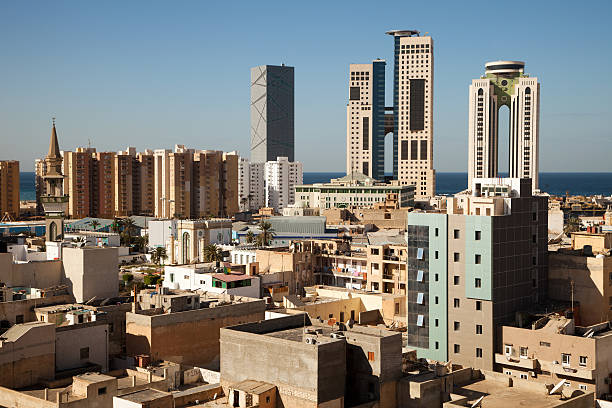Gabon, officially the Gabonese Republic, is a country on the west coast of Central Africa. Located on the equator, Gabon is bordered by Equatorial Guinea to the northwest, Cameroon to the north, the Republic of the Congo to the east and south, and the Gulf of Guinea to the west, with Libreville as a capital city. It has an area of nearly 270,000 square kilometers (100,000 sq mi).
The current population of Gabon is 2,382,503 as of Thursday, June 29, 2023, based on Worldometer elaboration of the latest United Nations data.
Ali Bongo is the son of Omar Bongo, who was President of Gabon from 1967 until he died in 2009. During his father’s presidency, he was Minister of Foreign Affairs from 1989 to 1991, represented Bongoville as a Deputy in the National Assembly from 1991 to 1999, and was Minister of Defense from 1999 to 2009.
Gabon is an upper-middle-income country. The fifth-largest oil producer in Africa, it has had strong economic growth over the past decade, driven by its production of oil and manganese. The oil sector has accounted for 80% of exports, 45% of GDP, and 60% of fiscal revenue on average over the past five years. However, as the country is facing a decline in its oil reserves, the Gabonese government has decided to diversify its economy. The poor quality of Gabon’s business climate is a major barrier to the diversification of its economy.
Agriculture employs about 40 percent of Gabon’s rural population but contributes just 5 percent of the GDP. Only 0.7 percent of the government budget is invested in agricultural development.
It is one of Africa’s richest countries because of its natural resources: However, one-third of Gabon’s citizens live below the poverty line, and the unemployment rate is 20 to 35 percent among young people.
Gabon’s 2011 national youth policy defines youth as those aged between 15 and 35 years old, under the African Youth Charter definition.
Youth employment is central to the new strategy of a National Business Plan Competition and a hackathon to assist young entrepreneurs.
The documents used in the economic strategy are Programme Indicatif Multiannuel Gabon 2021-2027, Gabon, Member Country Partnership Strategy Paper 2019-2023, Gabon: Vision 2030 Une Plateforme Pour Le Développement De Bolossoville.
Business opportunities in Gabon
One of the most significant business opportunities in Gabon is in the mining industry. Gabon has large deposits of manganese, gold, iron, and timber, and the government is actively encouraging foreign investment in the mining sector. Gabon is also rich in oil and gas, which has traditionally been the country’s largest source of revenue. Other promising sectors for investment in Gabon are agriculture, tourism, infrastructure, and mining.

